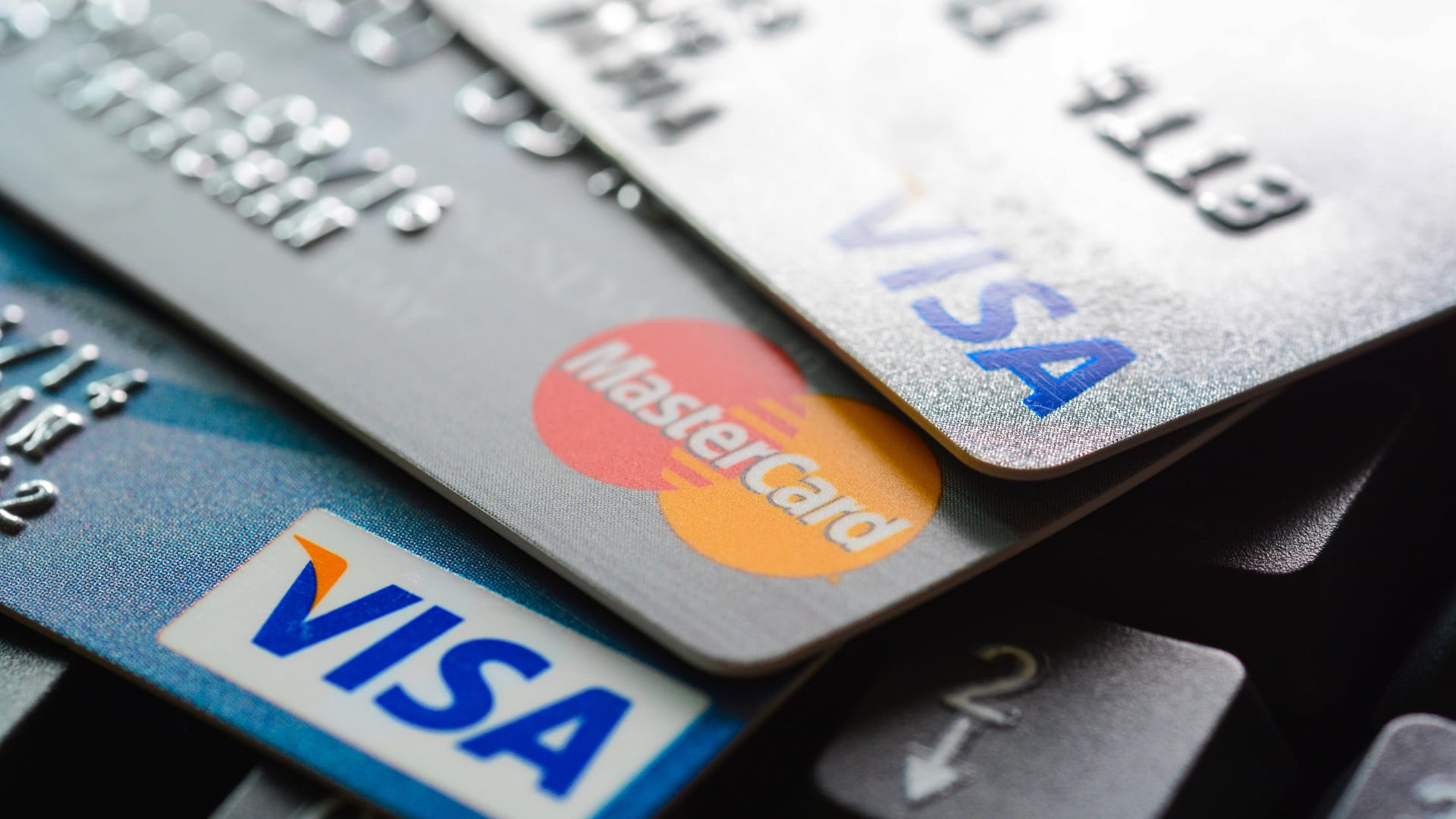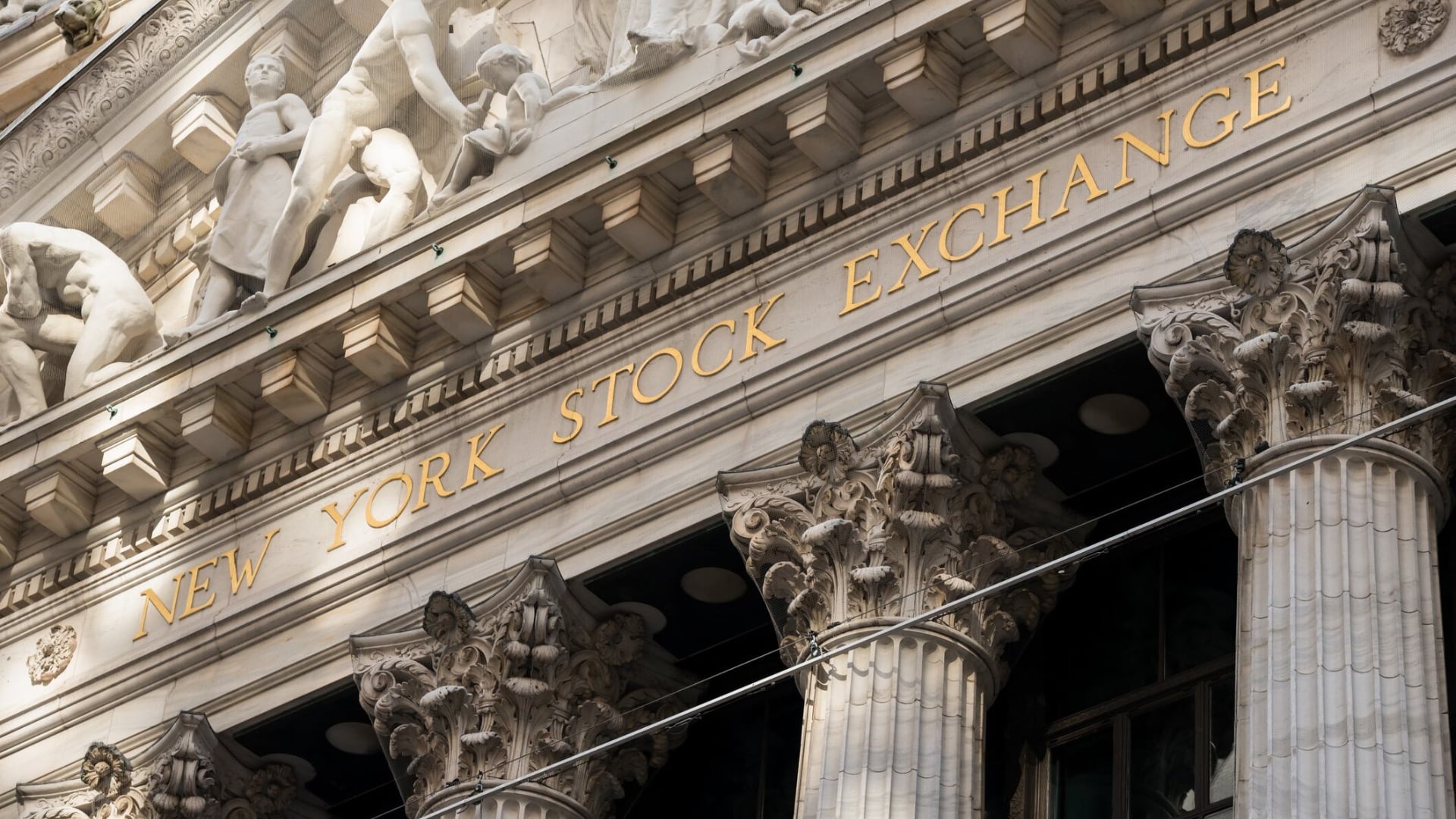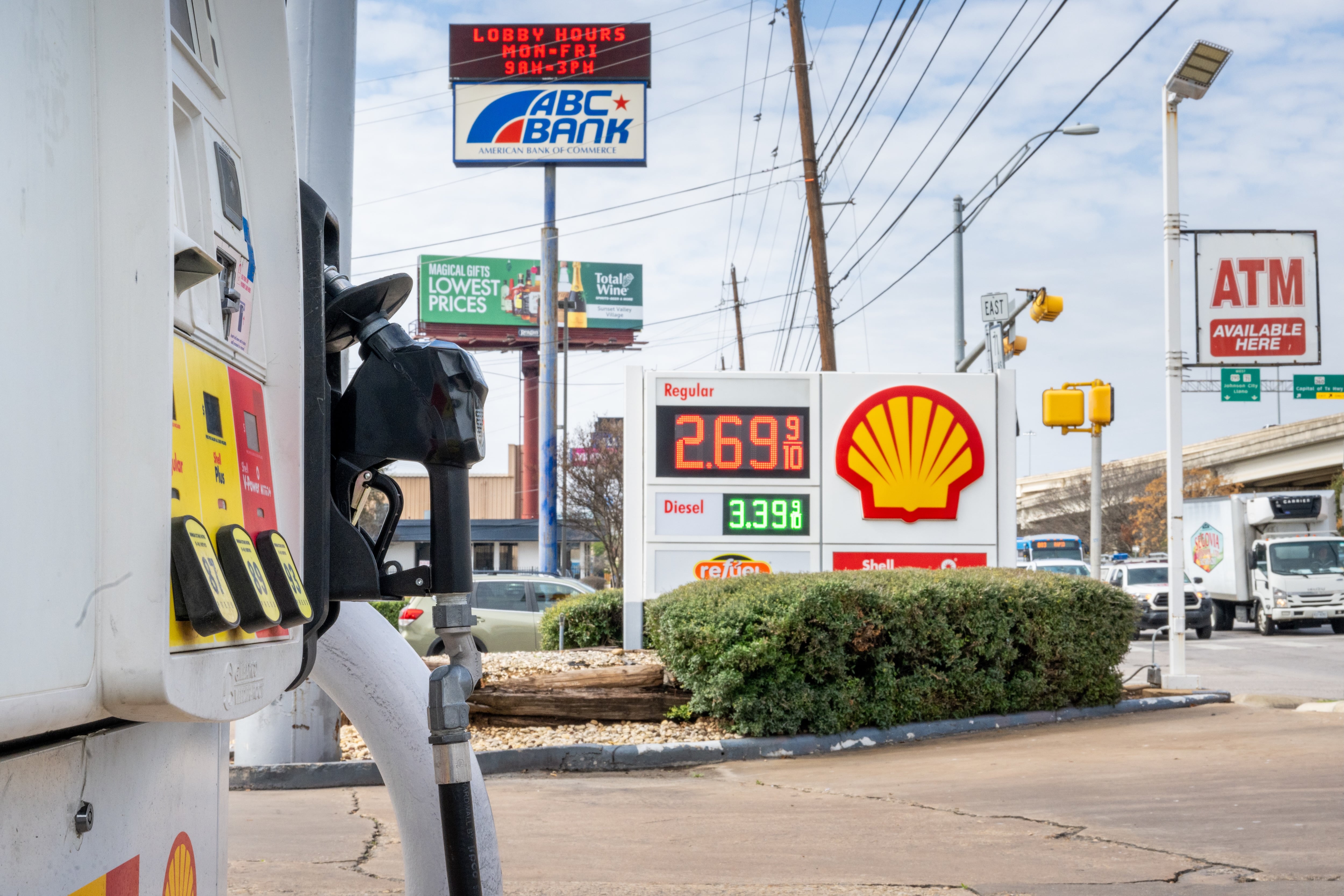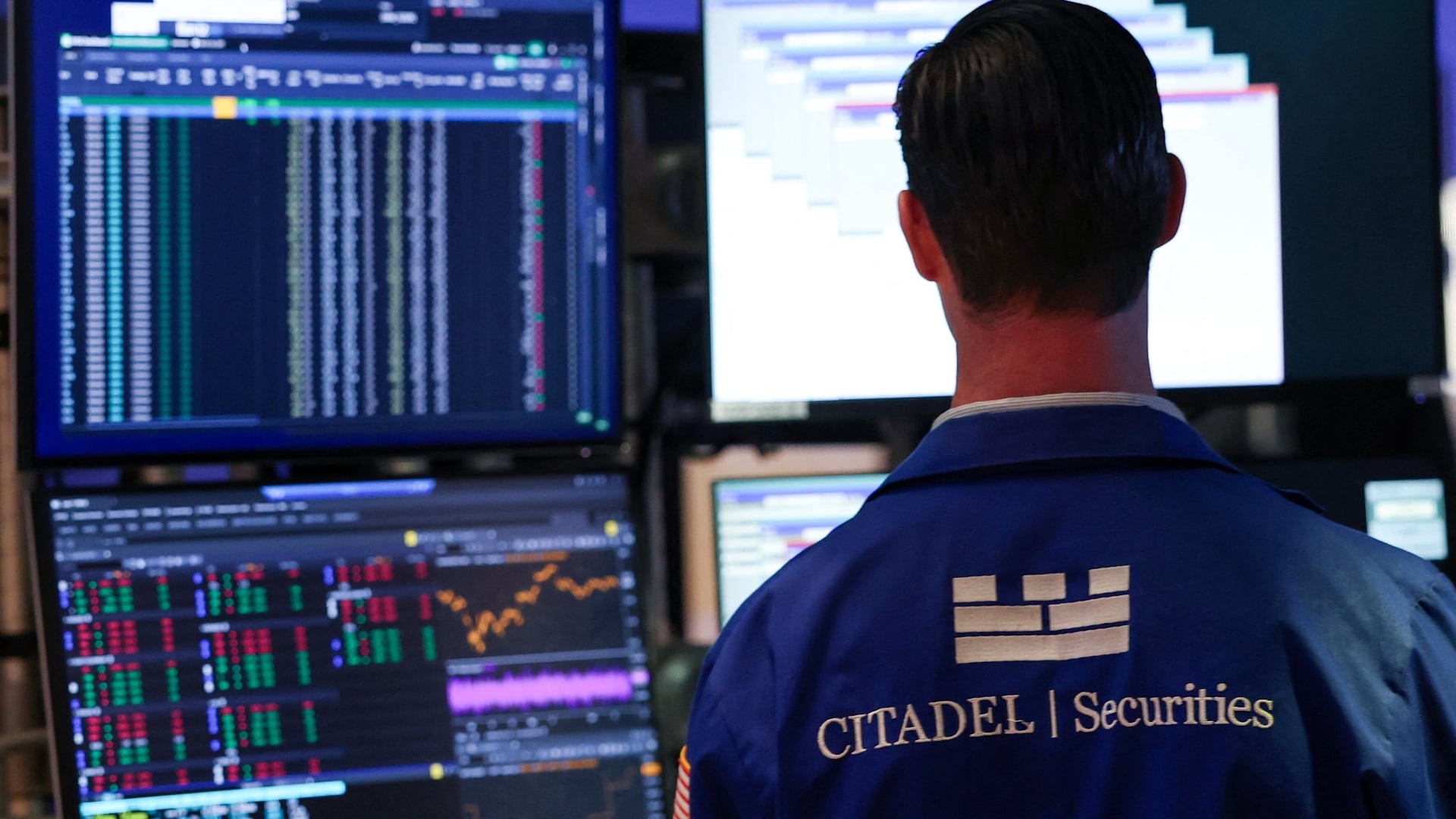*By Kavitha Shastry* The October sell-off deepened Thursday with the Nasdaq briefly entering correction territory, down more than 10 percent from its all-time highs of late August. The Dow, which had actually been up early in the day, at its lows had dropped nearly 700 points ー bringing its two-day loss to more than 1,500 points ー and the S&P 500 was down as much as 2.6 percent. All major indexes recouped some losses by the end of the day, but closed well in the red. The market's so-called "fear index" rose to its highest level since February. The volatility even had knock-on effects on companies that aren't public yet. China's Tencent Music, which was expected to be one of the biggest offerings in the U.S. this year, reportedly delayed plans for its IPO. According to the Wall Street Journal, the music streaming service now won't make its market debut until November at the earliest. Among the issues weighing on markets Thursday were continued concerns over the effect of a trade war with China and fears the Federal Reserve is raising interest rates to quickly. The latter was of particular interest to President Trump, who followed up comments from Wednesday that the central bank was acting "loco" by saying he was disappointed with Fed Chairman Jerome Powell, who he himself appointed to the post last November. The recent losses only add to the pain investors have been feeling for most of October ー just nine trading days into the month, the S&P 500 is down almost 6.4 percent, its biggest monthly loss since September 2011. The Nasdaq, meanwhile, has dropped nearly 9 percent ー you have to go all the way back to the financial crisis in 2008 to match those losses. Tech stocks have been particularly hurt this month. The once high-flying FAANG names ー Facebook ($FB), Amazon ($AMZN), Apple ($AAPL), Netflix ($NFLX), and Google parent Alphabet ($GOOGL) ー have lost a combined $330 billion in market cap in October. Amazon itself has shed $138 billion, more than the entire market cap of McDonald's ($MCD). For full interview [click here](https://cheddar.com/videos/markets-in-review).












